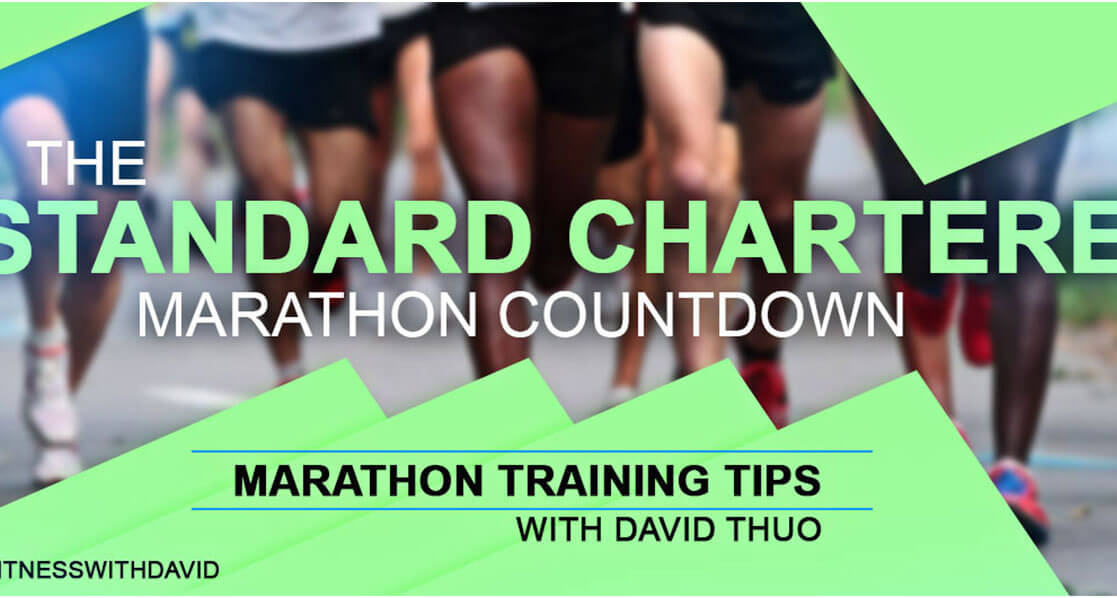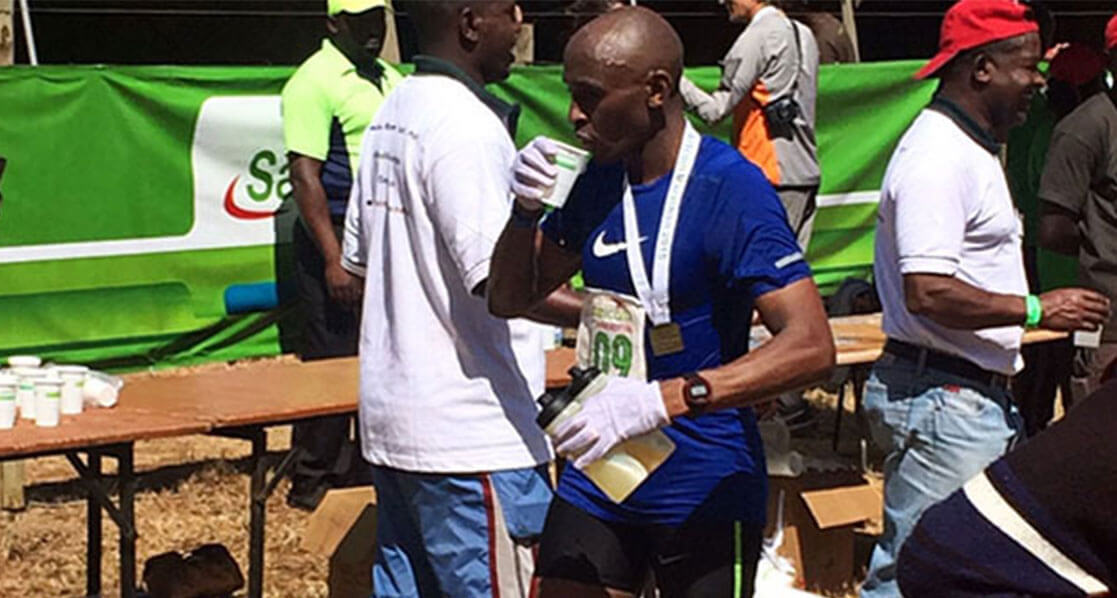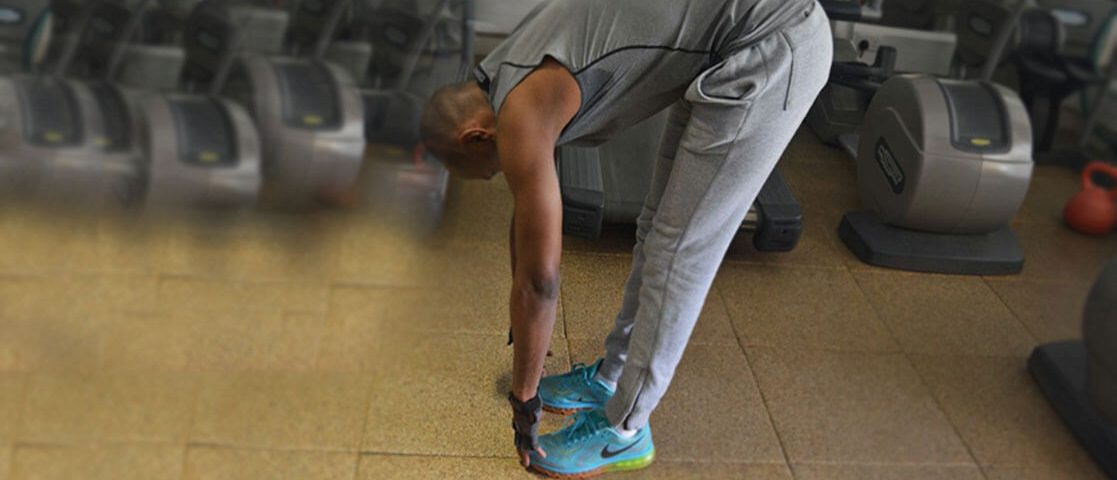


The Standard Chartered Marathon 2017-Marathon Training Tips
September 15, 2017


The Standard Chartered Marathon 2017-Hydration and Running tips
September 29, 2017

The Standard Chartered Marathon 2017-Muscle Care Tips
1.Warm up
This is the gradual increase in intensity of physical activity. It prepares the body for exercises by gradually increasing the heart rate and circulation, loosens the joints and reduces the potential for muscle and connective tissue injuries. Increased blood flow to the muscles enhances delivery of oxygen and nutrients promoting energy production required for vigorous activity.
Running too fast without warming up is a recipe for injury.
If you start out too fast, you run the risk of pulling a muscle, tweaking a tendon, bone, or joint, or getting into a pace that you can’t sustain
2.Cool down
This is easy exercise after a hard workout that help the body transition gradually to rest or near rest condition. It helps the heart rate and breathing return towards resting levels gradually, helps avoid fainting or dizziness, which can result from blood pooling in the large muscles of the legs when vigorous activity is stopped suddenly and helps remove waste products from your muscles, such as lactic acid. It can involve a slow jog or walk amongst others.
While your cool-down should be easy enough that you won’t create much additional waste, your heart rate will stay sufficiently raised to send the healing and recovering effect of your circulatory system into double time. Blood clears out metabolic waste and hormones while proteins and white blood cells begin healing micro tears in the muscles.
3 Stretching
This is a form of physical exercise in which a specific muscle or tendon (or muscle group) is deliberately flexed to improve the muscle’s felt elasticity and achieve comfortable muscle tone(Wikipedia)
Pre workout stretching makes the muscles more elastic and less prone to injury.This should be done after warming up. Never stretch cold muscles.
Post workout stretching Helps constricted and contracted muscles release back to their more comfortable state and makes the body become more flexible, reducing chances of injury. It also improves blood circulation, helps eliminate lactic and prevent pain due to tight muscles, improves range of motion, increased muscular coordination, Mental clarity and mind-body connection. Bouncing while you stretch is to be avoided as it can stretch your muscles too far and too fast resulting in significant strain on your muscles.
4 Sports massage
Sports massage prepares the athlete for their best performance, relieves muscle swelling, reduces fatigue, and relieves muscle tension.
Running requires sustained, repetitive muscle contractions which translates into speed, power, and distance allowing us to run further and faster. Due to overextension and/or overuse, minor injuries and lesions occur in these tissues that can cause a great deal of pain and poor athletic performance. Sports massage helps alleviate pain and prevent such injuries that greatly affect flexibility, mobility, response time, and overall performance in athletic events.Heavily exercised muscles may also lose their capacity to relax causing chronically tight muscles, and loss of flexibility.Masages can be performed by a sports physiotherapist or on self using a foam roller or tennis ball amongst others.
5 Sleep-the importance of the ZZZ hours
Sleep is a very important part of an effective training program- When sleeping, the body’s temperature and heart lowers and the entire body enters a stage of relaxation. During the deepest stage of sleep, the body releases growth hormones to repair muscle tissue. The muscles are paralyzed during this time to allow maximum repair.By not sleeping properly a runner makes it impossible for the body to adequately repair itself.
Getting at least eight hours of sleep a night is one of the first things to try when a runner experiences problems with injuries or endurance.
Sleep is also essential for a properly functioning immune system. This is why it is so important to sleep well when sick.
www.runners-resource.com-the importance of sleep for running



